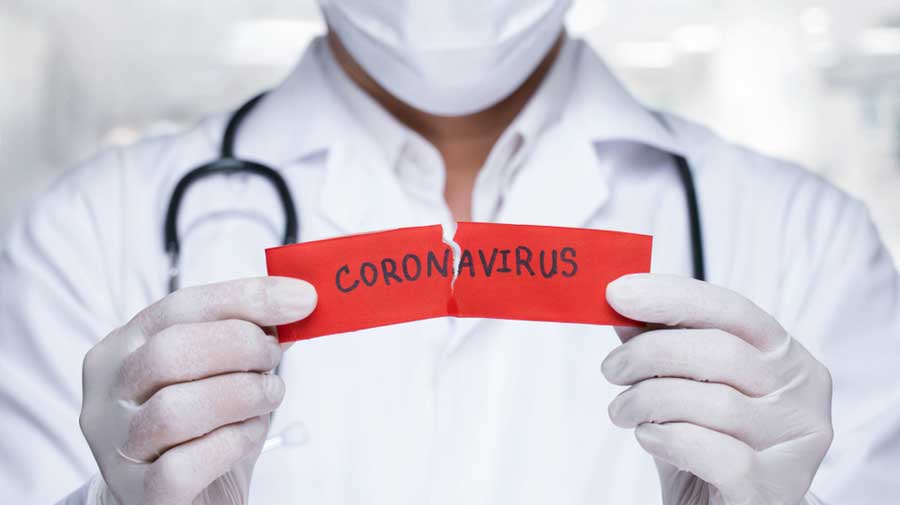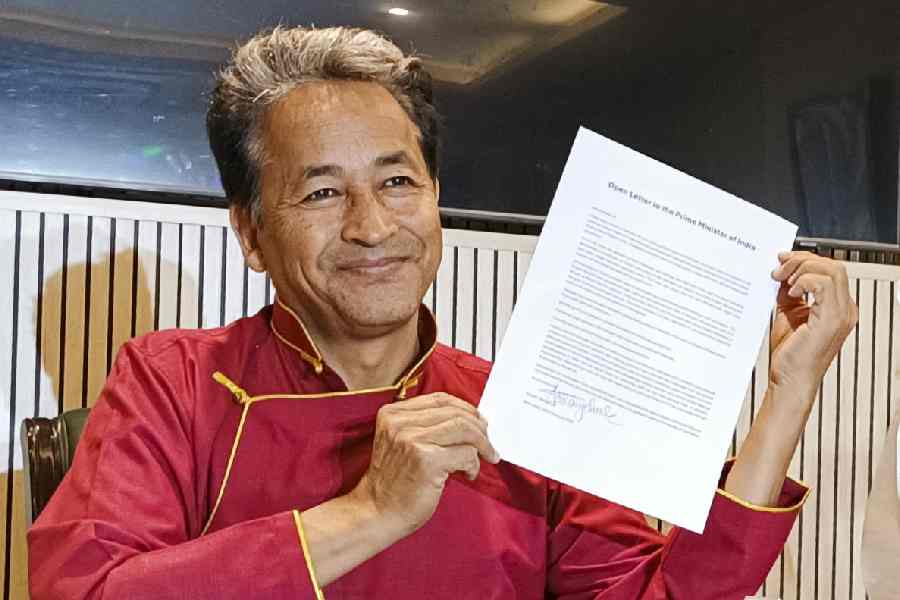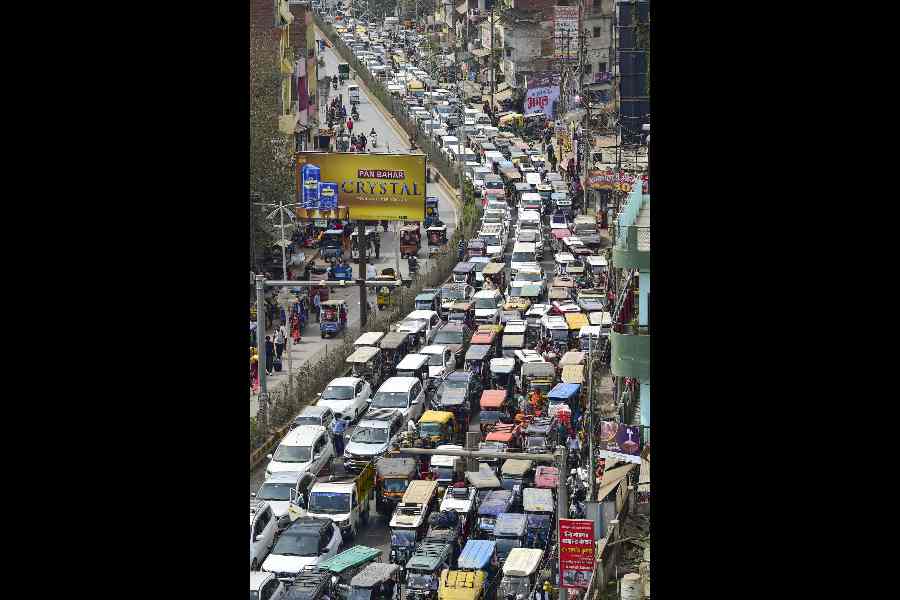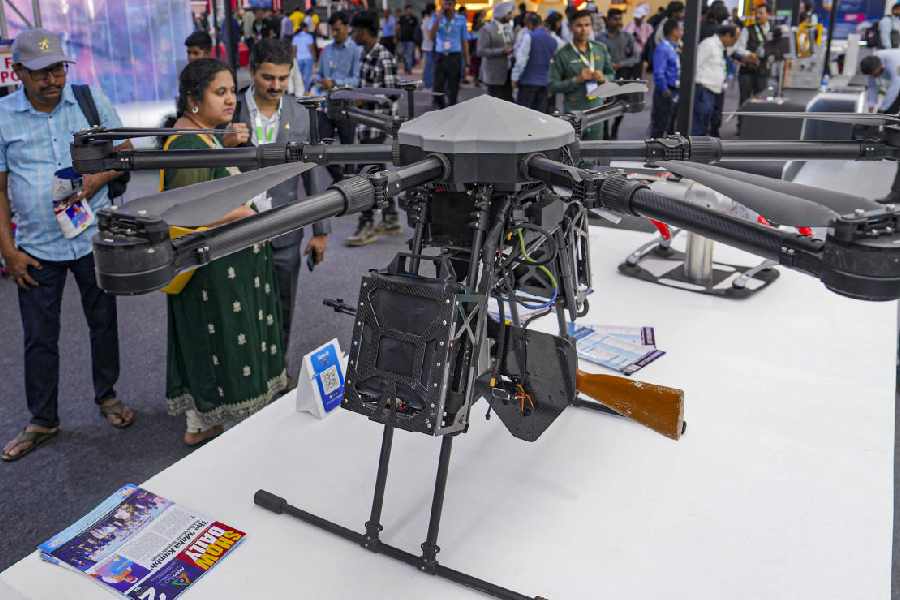People who consume anti-acidity medications called proton-pump inhibitors appear to be at higher risk of severe disease or death if they get infected with the new coronavirus, a team of doctors in the US has suggested.
Their analysis, based on a small sample of 295 Covid-19 patients, suggests that patients on PPIs before hospitalisation face a 2.5 times higher risk of requiring mechanical ventilation and a 2.3 times higher risk of death.
PPIs are among the commonest medications prescribed for stomach ulcers, acidity and heartburn.
The researchers said their study had observed a “profound effect” of PPI use on mortality among younger patients who did not have other underlying disorders such as cardiovascular disease or diabetes that are also risk factors for severe Covid-19. The findings, posted on a digital archive of medical research papers, have not been peer-reviewed yet.
“Our findings warrant more studies to determine whether PPI-induced acid suppression might lead to worse clinical outcomes among Covid-19 patients,” said Hemant Goyal, a fellow in gastroenterology at The Wright Centre for Graduate Medical Education in the US.
Doctors not associated with the US study said PPIs were widely prescribed and used across India and the hypothesis that they might worsen clinical outcomes in Covid-19 could be followed up through larger studies in the country.
“We know there is excessive use of PPIs in India — and Covid-19 is a new disease. Any new information that comes up needs to be investigated and pursued,” said Vandana Roy, head of pharmacology at the Maulana Azad Medical College, New Delhi.
Roy and her colleagues had last year determined through an independent study that 62 per cent of a sample of inpatients and 27 per cent of a sample of outpatients had been prescribed PPIs which, the doctors said, reflected “inappropriate” use of these drugs.
Now, Goyal and his colleagues in the US have hypothesised that the reduction of stomach acid levels by PPIs compromises people’s ability to fight Covid-19 if they get infected.
They have underlined that the ace-receptors — the molecular gateways that SARS-CoV-2, the virus that causes Covid-19, uses to enter human cells — are omnipresent in the gastrointestinal tract.
“We know that stomach acid can kill many bacteria and viruses when ingested. We propose that even SARS-CoV-2 might escape the neutralising effects of stomach acid in patients on PPI,” Goyal said.
In their sample of 295 Covid-19 patients, the researchers observed that 15 per cent had used PPI before their hospitalisation for Covid-19.
When they compared the outcomes among patients who took PPIs and those who had not taken them, they noted double the risks of mechanical ventilation and mortality among those who had taken PPIs.
The researchers have acknowledged that their preliminary findings need to be validated, but said these should still encourage scientists to explore possible connections between PPIs and Covid-19.
“The connection being proposed is unusual and interesting — worth following up,” Roy said. Doctors believe that India’s large and still growing number of Covid-19 patients would facilitate similar studies.
India on Wednesday recorded 29,429 new Covid-19 cases, raising the total of lab-confirmed cases to 936,181, of whom 319,840 patients are under medical supervision, 592,032 have recovered and 24,309 have died.
The other members of the US team are Preethi Ramachandran, Abhilash Perisetty, Mahesh Gajendran, Farla Jean-Louis, Pardeep Bansal and Alok Dwivedi.










